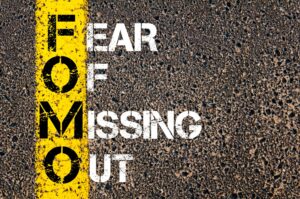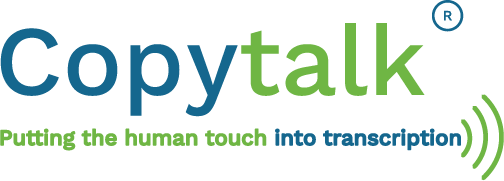
Maree Moscati
It matters. Because while forgetting is human, it can also be expensive.
A lot rides on the hippocampus, a sliver of gray matter embedded in the brain and tasked with storing new memories; there’s the preservation of material facts and the ability to recall impressions. Simply put, a good memory is good for business. Then again, occasional forgetfulness is a human trait. So shall we cut the hippocampus some slack, even when crucial data in its care evaporates into thin air?
Not on our watch, says FINRA.
Look at any FINRA disciplinary report and you’ll find that, when it comes to preserving details of client meetings and other essential interactions, financial-services regulators don’t know from slack. Month after month, you’ll find millions of dollars in fines and scores of suspensions.
But the consequences of lax documentation go beyond incurring the ire of regulators. There’s the disappointment of knowing that with each new name that falls through the cracks ’ of a potential client or referral source, for example — a new-business opportunity often disappears with it. Each time you let a phone number or email address evaporate into thin air, or allow the highlights of a conversation to escape prompt documentation, you quash an opportunity to grow your practice before it has a chance to hatch.
How to know when your perfectly imperfect memory threatens your business? You’ll know it when you leave a conference, end a meeting, or conclude a phone call, only to wonder, what’d I miss?
Science tells us you’ve likely missed a lot. Consider these all-too-human facts:
- * After an hour, we typically retain just 45% of the information we’ve taken in.
- * After a day,, we often recall just 30% of what we’ve heard.
- * And after three days, this figure drops to a negligible 10%.
(A quick aside: Given the obvious need to strengthen recall, I think it vital that we all observe National Memory Day, which falls on March 21st of each year. Or is it the 22nd?)
Achieve Total Recall.
We Have the Technology.
Pressed for time or juggling a dozen other things, many of us simply forget to document a meeting, a call, or even a sliver of a lunch during which business was discussed and contact information exchanged; all simple oversights, but costly ones. And because these oversights are distinctly human, none of us is immune.
But all of us are capable of protecting ourselves. And I say this as a former financial-services CEO currently in the business of making documentation beyond easy. How? With technology that enables users to have their dictation transcribed promptly, accurately, privately, and securely; technology that is the functional equivalent of putting a live transcriptionist in your pocket or on your screen. A trained transcriptionist fluent in financial terminology.
But before you select a transcription provider, please remember this: Many responsible advisors have unknowingly compromised client data by jumping to the conclusion that all transcription is the same.
It is not.
Much of human transcription — far more accurate and secure than automated transcription produced by voice-to-text software — is done outside the U.S. by at-home transcriptionists working with little or no oversight.
Copytalk, on the other hand, employs only live transcriptionists working in-house at locked down workstations within one of our securely-managed transcription facilities. We use your dictated information only directly, and as needed, to create transcriptions. And we purge your data after 60 days. It doesn’t get more secure, or more private, than that.
